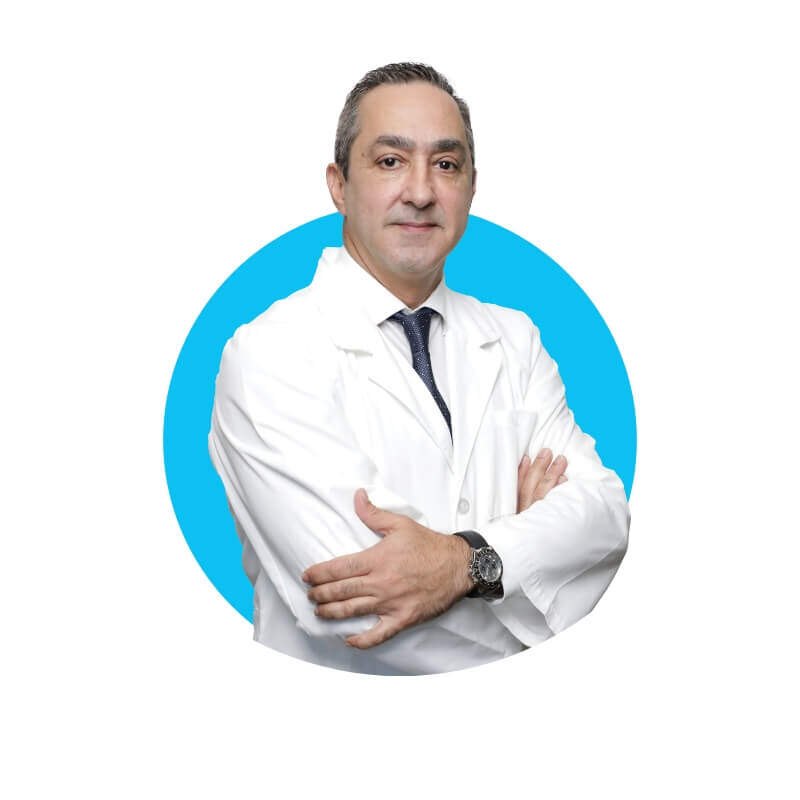Urinary Incontinence Treatment in Dubai, Abu Dhabi and Al Ain
Urinary incontinence is a common problem, affecting millions of people worldwide, and involves unintentional or involuntary passing of urine.
Types and symptoms
Symptoms of urinary incontinence vary depending on the type of incontinence you have. The most common types are either of the following, or a mixture of both:
- stress incontinence is when urine seeps out when you laugh or cough, or put your bladder under pressure in another way
- urge incontinence occurs when urine seeps out at the same time as you feel a sudden and intense urge to urinate, or soon afterwards
What causes urinary incontinence?
Stress incontinence is usually caused by damage to, or weakening of the muscles that control urination, such as the urethral sphincter or pelvic floor muscles.
Urge incontinence is usually due to overactive detrusor muscles, which are responsible for controlling the bladder
Certain things can increase your risk of developing urinary incontinence, including:
- a family history of incontinence
- diabetes
- pregnancy and vaginal birth
- obesity
- aging – although incontinence is not an inevitable part of ageing
When to see a doctor
Although the prospect of talking about your symptoms might seem daunting, our urologists are highly experienced in treating this problem and will be able to help you. Your consultation might involve a rectal examination. Seeing a urologist is the first step towards effectively managing the problem.
Treatment
Initially, our urologists might recommend some simple measures you can implement that may help relieve your symptoms. These could include:
- Lifestyle changes, for example, reducing caffeine and alcohol intake, and losing excess weight
- Bladder training and pelvic floor exercises
- Sessions of Magnetic Pelvic Floor Stimulation to improve your pelvic muscles
Surgery might be indicated. For stress incontinence, surgical treatments could include tape or sling procedures, which reduce pressure on the bladder, or strengthen the muscles used to control urination. For urge incontinence, surgery might include enlarging the bladder or implanting a device to stimulate the nerve that controls the detrusor muscles.
To book an appointment or for more information about Urinary Incontinence Treatment, call us toll-free on 800 (NOVO) 6686 or click the live chat icon at the bottom of the screen.
[xyz-ihs snippet=”B-A-Section”]





